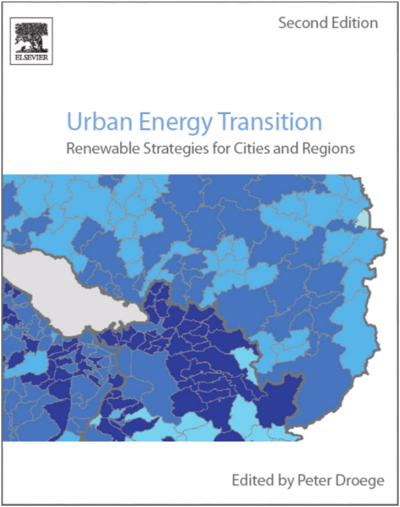The Urban Energy Transition Pathways to Climate Neutrality in our Cities
The accepted view of cities is as „energy sinks” utterly dependent on regional suppliers, but in light of rapidly increasing urbanization, and the role of cities as both perpetrators and victims of climate change, this view is neither timely nor appropriate. The degree of commitment implicit in the Paris Agreement is such that rapidly growing cities simply cannot avoid taking action on climate change. Cities are also increasingly recognizing the socio-ecological and economic benefits of moving towards climate neutrality. Starting from the status quo in our major cities, this chapter attempts to shed light on the urban energy supply of the future. Challenges, as well as measures for action in the key areas of industry, urban development, transport, and the household are presented, also the preconditions necessary for successful implementation and institutionalization of the urban energy transition. Issues addressed here are based on a study of Berlin, where 2011 marked the political go-ahead for the development and implementation of a climate-neutral strategy in the German federal capital.



